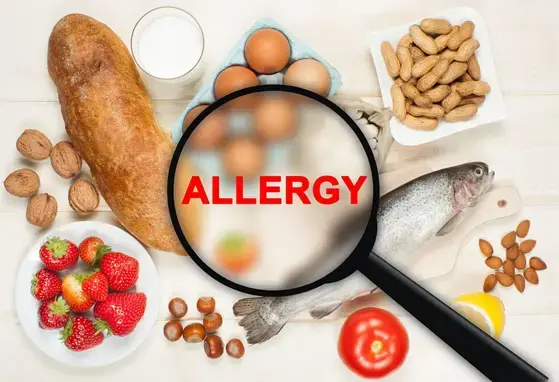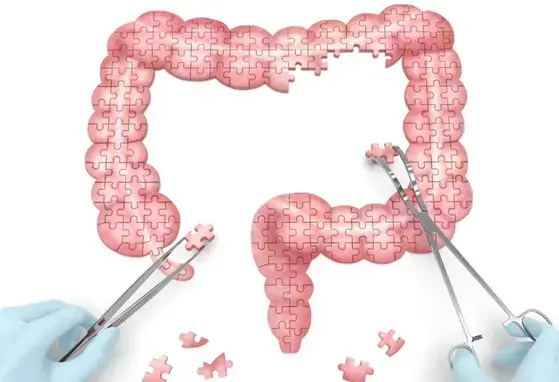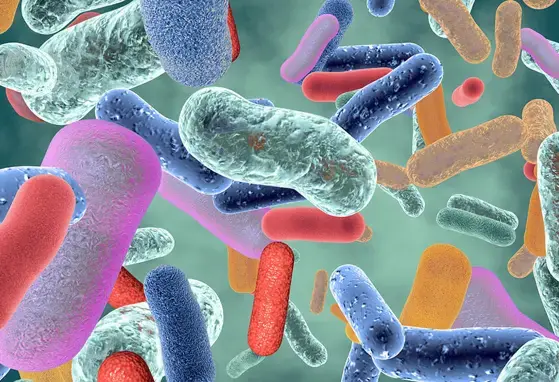[Guideline summary] Updated EAACI guideline on early life food allergy prevention
![[Guideline summary] Updated EAACI guideline on early life food allergy prevention](/sites/default/files/styles/header_image_article_mobile/public/2021-04/224_Kid-grabbing-peanuts-opt.jpg.webp?itok=L5jn7wV4)
The European Academy of Allergy and Clinical Immunology (EAACI) has released an updated guideline in the prevention of food allergy in infants and young children. Key changes from the 2014 guideline include the introduction of peanut and well-cooked egg during complementary feeding, as well as avoiding regular cow’s milk formula supplementation during the first week of life.
Key recommendations from the EAACI Task Force in the 2020 guideline (certainty of evidence):
- Introduce well-cooked hen’s egg into the infant’s diet as part of complementary feeding to prevent egg allergy (Moderate)
- In populations where there is a high prevalence of peanut allergy, introduce peanuts to infants as part of complementary feeding (in an age-appropriate form), to help prevent peanut allergy (Moderate)
- Avoid cow’s milk formula supplementation in breastfed infants in the first week of life to prevent cow’s milk allergy (Low)
- Do not use Bacillus Calmette-Guérin (BCG) vaccination for allergy prevention (Low)
- Recommends against dietary restriction of potential food allergens during pregnancy or breastfeeding (Very low)
- Do not introduce soy protein-based formula in the first six months of life for allergy prevention (Very low)
No recommendations could be made for the following in relation to food allergy prevention (certainty of evidence):
- Use of regular cow’s milk based infant formula after the first week of life, for infants who need a breastmilk substitute (Low)
- Use of partially or extensively hydrolysed formula (Low)
- Use of prebiotics, probiotics or synbiotics in infants, healthy pregnant and/or breastfeeding women, whether alone or in combination with other interventions (Low)
- Use of emollients as skin barriers (Low)
- Use of preventive oral immunotherapy (Low)
- The practice of breastfeeding, but breastfeeding should still be encouraged for its many benefits for infants and mothers (Very low)
- Vitamin or fish oil supplementation in infants, healthy pregnant and/or breastfeeding women (Very low)
Link to publication: https://onlinelibrary.wiley.com/doi/epdf/10.1111/pai.13496
WYE-EM-047-MAR-21
Reference
Halken S et al. EAACI guideline: preventing the development of food allergy in infants and young children (2020 update). Pediatr Allergy and Immunol. 2021;doi:10.1111/pai.13496.
Other articles that you might be interested in:
If you liked this post you may also like

[Guideline Summary] S3 guidelines on allergy prevention

[Literature library] Coronavirus Disease 2019 (COVID-19) mRNA-based vaccination and breastfeeding

[Literature library] Bovine milk oligosaccharides (MOS) support gut microbiota development and intestinal immune defense
